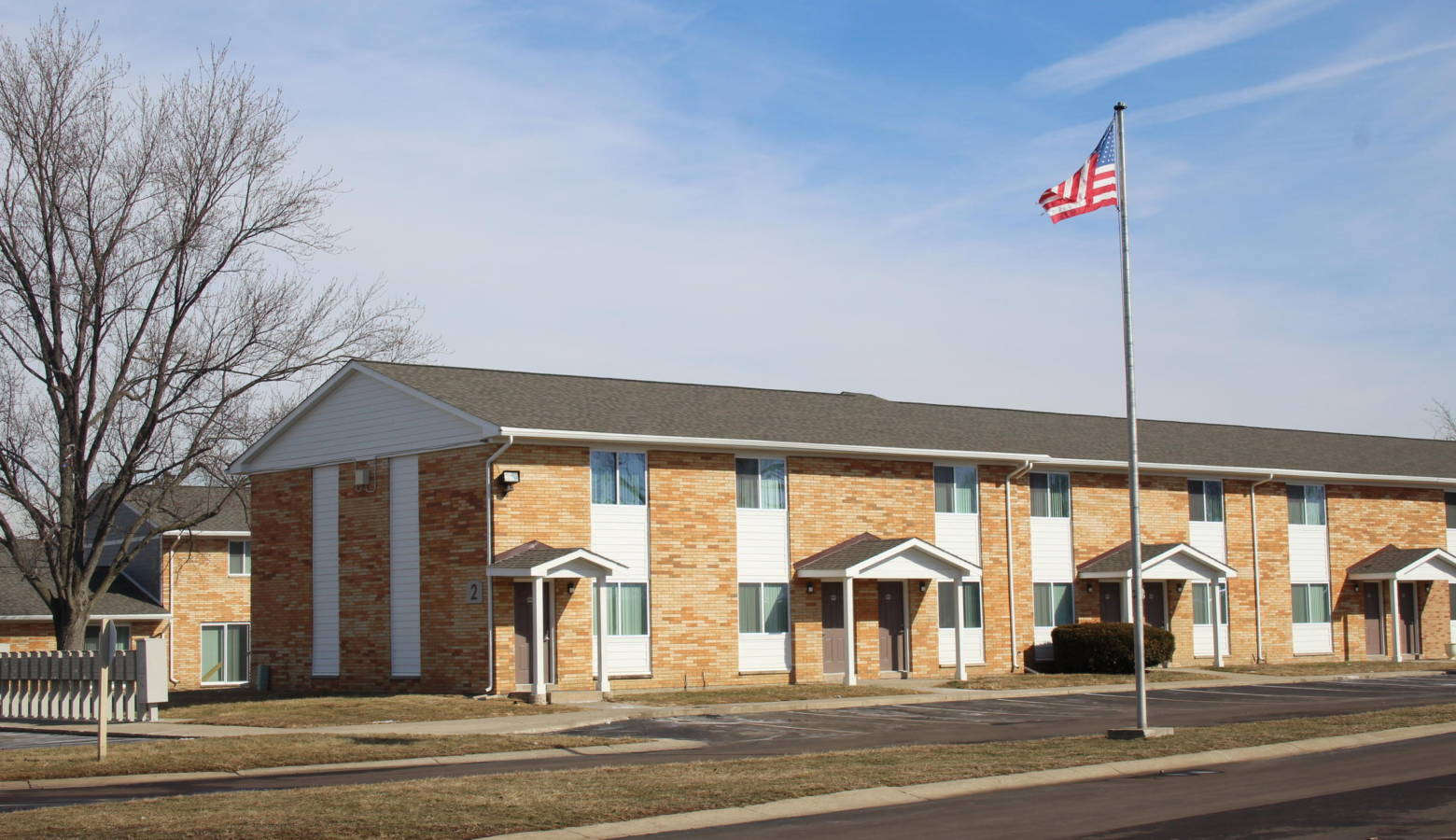Indiana Low-Income Housing, Part 3: Holistic Approaches to Solving Housing Problems

The factors that lead to a housing crisis can be as simple as an unpaid bill—or reflect deeper issues that don’t allow people to break the cycle of poverty and create a stable living environment. Creating opportunities for people to build their capacity to stay housed and employed is one way to ensure that the cycle ends. In the final story of her three-part series on low-income housing, Indiana Public Broadcasting’s Emilie Syberg examines how tackling a housing crisis should be a holistic process.
During the second week of January, Indiana energy company Vectren announced that their customers would see, on average, a 30% increase to their bills from the same time period the previous winter. Bitterly cold temperatures caused a spike in gas deliveries. Vectren encouraged customers who might have difficulty paying to contact the company to arrange budget payment plans.
But when a family lives paycheck to paycheck, their choices are already limited.
BIGGS-REED: “They’re always having to make decisions in a crisis situation.”
Pam Biggs-Reed is the executive director of Bauer Family Resources in Lafayette, which works with families who are struggling to stay a functional unit.
BIGGS-REED: “It’s what’s the least bad choice, not what’s the best good choice.”
Bauer provides options like therapeutic services that help clients work through past and current traumas, but it also has funding that allows the organization to spend money on more concrete issues their clients face—like a high energy bill.
BIGGS-REED: “Sometimes paying an electric bill, so a family stays housed, is all they need.”
But often, the bill is just the surface problem. A closer look can reveal why the electric bill isn’t getting paid to begin with—and that can range from poor budgeting skills to a more serious level of dysfunction.
BIGGS-REED: “So somebody comes in and says, “I can’t pay my electric bill. They’re going to shut off the electric.” So we get the electric bill paid, and we keep meeting with them, and we find out that they can’t get the electric bill paid because their abusive partner took the money that was for the electric bill and bought drugs with it. That’s a different issue to deal with than just turning on the electric.”
For people managing a precarious housing situation, then, a holistic approach—which addresses more than just immediate physical needs—could help identify the underlying issues and work through more than one problem at a time. Stable housing first—but then what happens next?
Lafayette’s Food Finders food bank distributes food to 16 counties, but also has an on-site grocery store where clients can come and shop for their meals.
President Katy Bunder says they assess their clients for their level of food insecurity, but their needs might extend beyond that.
KATY BUNDER: “When they come in we do an intake process– the first time they come–and in that process we will ask them a lot of questions about their family size, their income, their housing, their healthcare–we’re trying to assess what services we might be able to help them get if they don’t have them.”
Food Finders also offers classes to its clients geared towards food and nutrition—the importance of exercise and healthy living, dealing with diabetes and blood pressure, meal planning and budgeting. Even gardening.
But she says education must also extend to the community, so residents understand what’s at stake for their neighbors who live in subsidized housing.
BUNDER: “I also think it’s comfortable for people who’ve always been here to say that we don’t have homegrown poverty. That’s poverty from other places invading our town.”
But Pam Biggs-Reed says some of the families with whom she works feel isolated and embarrassed by the awareness of their circumstances, and that while donations can help, so can a kind word to a mother in a grocery store trying to piece together the meals for the week.
BIGGS-REED: “If we truly believe that people’s intent is to do the best they can, and we believe that human beings are flawed, and can’t always do the best they can because of things that happen in their lives, then how do we help them, walk alongside to help them do better. To take the responsibility and provide the resources and support they need to overcome, and do differently, when they want to.”
Lafayette residents in need of low-income housing grapple with a range of issues, from local governmental opposition to building more units, to misconceptions held by fellow citizens, to circumstances beyond their control, to their own problematic choices. Experts say the system isn’t perfect, but learning how to work within its limitations is key. Everything depends on housing – without that, any structure amounts to little more than a house of cards.


